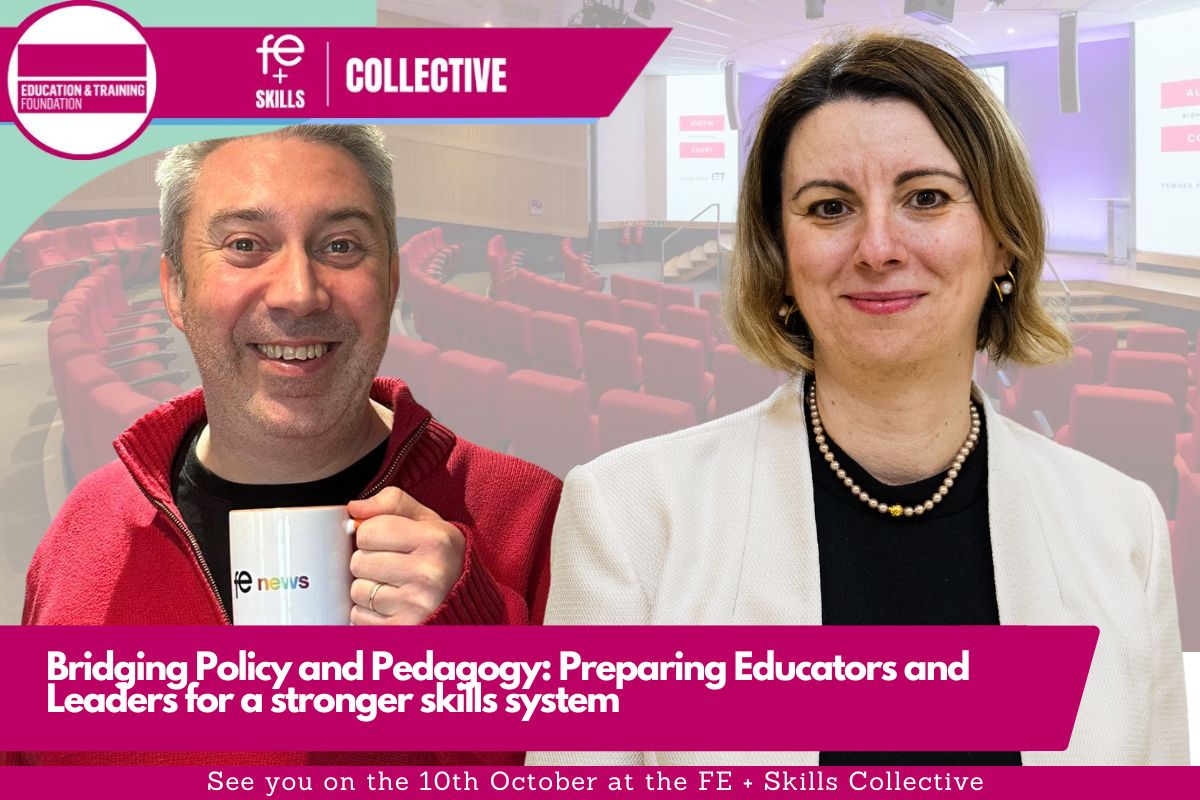Learning doesn’t stop when we leave the classroom: Finding opportunities to grow and practice skills at work

Today, incoming changes and recent disruption are highlighting the critical need to continue to learn throughout our lives.
None more so than at work, to continue to remain competitive in the market, with the right skills to succeed.
By 2022, over half of employees will require significant upskilling to do their jobs. And this was calculated before the recent crisis. With digital transformation accelerating by two years in the first two months of lockdown, the urgency to upskill in digital skills has drastically risen.
Different from the classroom
But learning at work differs greatly from the classroom. There is a more practical emphasis. 75% of new information is forgotten if it isn’t applied within six days of learning it. Workers who are being upskilled, also need work opportunities that help them reinforce their learning. This doesn’t automatically have to be a new or existing role – if someone cannot apply a skill in their day-to-day role, consider stretch assignments, secondments, or volunteering.
Internal mobility + upskilling
That’s where internal mobility comes in as an effective way to build and maintain skills. It’s the last step in building a continuous learning culture, giving people the reason behind their learning: to grow and shape their careers. It also helps to keep work engaging and aligned with someone’s interests and career goals.
Offering work opportunities alongside upskilling can also help companies build more transferable knowledge and skills in their workforces. Stretch assignments between marketing and sales, for example, will give both teams an appreciation of how the two functions differ, work together, and complement each other’s work.
Building transferable skills
87% of companies are experiencing skills gaps and are prioritising transferable skills over traditional skill sets. These skills enable people to quickly pivot, to shift into other teams or work on new products and services. This ability is critical, given the current economic volatility.
At L’Oreal, workers can elect to spend up to six months working with venture studio Founders Factory, to build their entrepreneurial skills. The project was designed to foster greater innovation when workers return to L’Oreal.
Reaching your full potential
Career mobility, coupled with upskilling, can also help people reach their full potential at work. 71% of senior leaders believe that stretch assignments have had the biggest impact on unleashing their potential. Stretch and rotational assignments have been identified as the most valuable leadership skill-building experience – ahead of formal training, 360-degree assessments, and exposure to senior management.
This was the experience of Deborah Dolce, group brand and marketing director at TJX Europe, owner of TK Maxx. She assumed a series of marketing roles over a decade, along with an 18-month rotation in TK Maxx’s buying department. She explains, “I do my job now much better because I had 18 months in buying, which is at the heart of the business because we are in retail. I could bring that experience to bear, so I can really see the value of other experiences.”
The final step
When designing any upskilling program, it’s essential to remember the final step: providing work opportunities that reinforce what has been learned. When done in the right way, it can help people consistently grow their career and build the skills they need for the future.










Responses